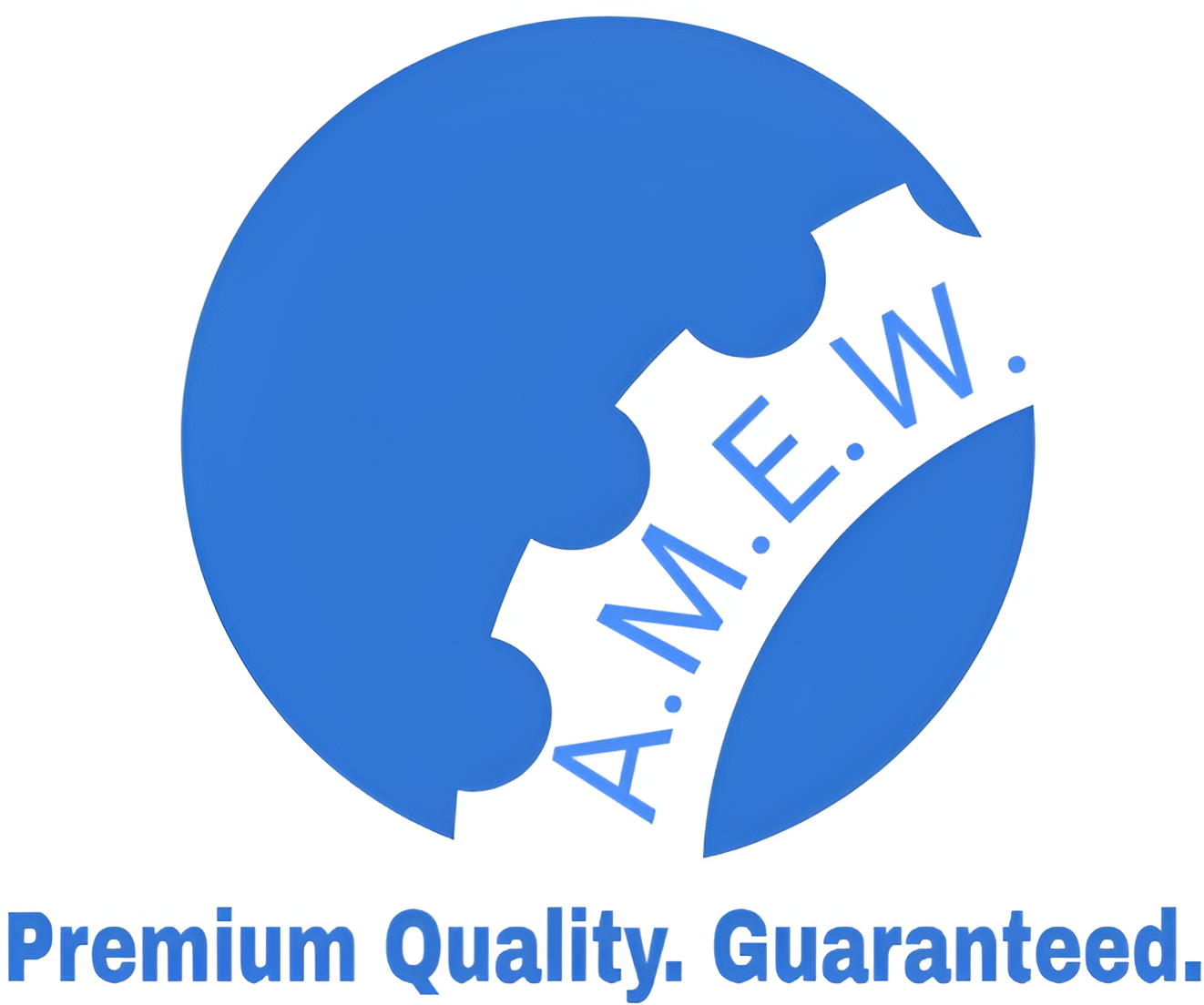A Complete Guide to Steel Pipes
Steel pipes are everywhere, yet their importance often goes unnoticed. From the infrastructure that supports our cities to the plumbing in our homes, steel pipes play a critical role in modern life. This blog dives into everything you need to know about steel pipes, from how they’re made to their diverse applications and future trends shaping the industry. Whether you’re an industry professional, a homeowner, or just curious about the material that strengthens the world around us, this guide has you covered.
An Introduction to Steel Pipes
Steel pipes are cylindrical hollow structures made from steel, a metal alloy primarily composed of iron and carbon. Known for their exceptional durability, versatility, and strength, steel pipes are essential in industries ranging from construction to energy and water transportation. Unlike other materials, steel pipes have the ability to withstand high pressure and extreme temperatures, which makes them a preferred choice for challenging applications.
Despite their simple appearance, steel pipes come in various forms and serve countless purposes. To truly appreciate their value, it’s important to understand the different types, how they’re manufactured, and their evolving applications.
Types of Steel Pipes
Steel pipes are classified based on the manufacturing method, material composition, and intended purpose. Here are some of the most common types:
1. Seamless Steel Pipes
Seamless pipes are manufactured without a welded seam, ensuring a uniform structure throughout the pipe. These are ideal for high-pressure applications like oil and gas pipelines due to their superior strength and durability.
2. Welded Steel Pipes
Unlike seamless pipes, welded pipes are created by bending flat steel into a cylindrical shape and welding the edges together. These are more cost-effective and are commonly used for low-pressure applications like water and sewage transport.
3. Galvanized Steel Pipes
Galvanized pipes are coated with a layer of zinc to prevent corrosion. These pipes are often used in outdoor applications or areas exposed to moisture.
4. Carbon Steel Pipes
Made primarily from carbon and iron, these pipes are strong and durable, making them ideal for use in infrastructure and industrial facilities.
5. Stainless Steel Pipes
Stainless steel pipes offer excellent resistance to corrosion, making them a popular choice for applications in the food, chemical, and medical industries.
The Manufacturing Process of Steel Pipes
Steel pipe manufacturing is a fascinating and precise process that ensures the final product meets strict quality standards. Here’s a quick overview:
- Steel Preparation
Steel sheets or billets are prepared depending on the type of pipe to be produced. These materials undergo processes like heating, rolling, or casting to achieve the desired shape and size.
- Pipe Shaping
- For seamless pipes, a solid steel billet is heated and pierced to create a hollow tube shape.
- For welded pipes, steel sheets are rolled into a cylindrical shape, and the edges are welded together.
- Heat Treatment
Pipes are heat-treated to improve strength and durability while reducing brittleness.
- Testing and Quality Assurance
Every pipe is rigorously tested for strength, durability, and resistance to corrosion. Common tests include ultrasonic testing and pressure testing.
- Coating and Finishing
Finally, the pipes may be galvanized or coated to enhance corrosion resistance and aesthetic appeal.
Applications of Steel Pipes
Steel pipes are integral to countless industries due to their versatility and strength. Here are just a few of their applications:
- Construction
Used for structural frameworks, foundation piles, and industrial buildings. Steel pipes provide unmatched strength and support.
- Energy and Oil & Gas
Essential for transporting oil, natural gas, and other resources over vast distances. Their ability to withstand extreme conditions makes them ideal for this industry.
- Water Supply and Plumbing
Commonly used for water distribution in homes and industries, steel pipes ensure leak-proof and durable systems.
- Automotive Industry
Steel pipes are used in making vehicle exhaust systems and hydraulic lines.
- Medical and Food Industries
Stainless steel pipes ensure hygiene standards in food production lines and medical equipment.
Advantages and Disadvantages of Steel Pipes
While steel pipes have significant advantages, they also come with limitations. Here’s an honest look at both:
Advantages
- Durability: Highly resistant to impacts and wear over time.
- Versatility: Suitable for a wide range of industries and applications.
- High Strength: Can withstand high pressures and extreme temperatures.
- Recyclability: Steel is 100% recyclable, making it environmentally friendly.
Disadvantages
- Corrosion: Despite galvanizing, rust can still occur over time, especially in carbon steel pipes.
- Cost: Stainless steel pipes, while highly durable, are often more expensive than alternatives.
- Weight: Steel is heavier compared to materials like polypropylene, which can affect ease of handling and transportation.
Maintenance and Longevity of Steel Pipes
To ensure steel pipes last as long as possible, proper maintenance is key. Here are some maintenance tips:
- Inspect Regularly
Check pipes for signs of rust, damage, or leaks, especially in outdoor or high-pressure applications.
- Use Protective Coatings
Apply anti-corrosion coatings or repaint pipes in high-moisture environments.
- Clean Periodically
Flush pipes to prevent blockages and buildup, especially in plumbing systems.
- Monitor Pressure Levels
Overpressure can lead to pipe failure. Use pressure gauges to maintain safe operating levels.
- Upgrade When Necessary
Replace aging pipes before they fail to avoid unexpected downtime or damage.
Future Trends Shaping Steel Pipes
The steel pipe industry is evolving to meet the demands of a changing world. Some notable trends include:
- Green Steel Initiatives
Manufacturers are exploring environmentally friendly methods, such as producing steel using hydrogen rather than carbon.
- Smart Pipes
Innovative sensors integrated into pipes will allow real-time monitoring of pressure, temperature, and flow rates.
- Lighter and Stronger Materials
Advancements in metallurgy are producing pipes that are as strong as traditional steel but significantly lighter.
- Expanded Use in Renewable Energy
Steel pipes are becoming essential for constructing wind turbine towers and transporting renewable fuels like hydrogen.
Build a Stronger Future with Steel Pipes
Steel pipes have been a cornerstone of industrial development for decades, and their importance will only grow as industries evolve. From their unmatched strength to their diverse applications, steel pipes are truly indispensable.
Whether you’re building a skyscraper, managing an oil rig, or upgrading plumbing, steel pipes provide the reliability and versatility you need.
To stay updated on the latest in steel pipe technology or for tailored recommendations, contact us today. Let’s explore how steel pipes can support your next big project!

